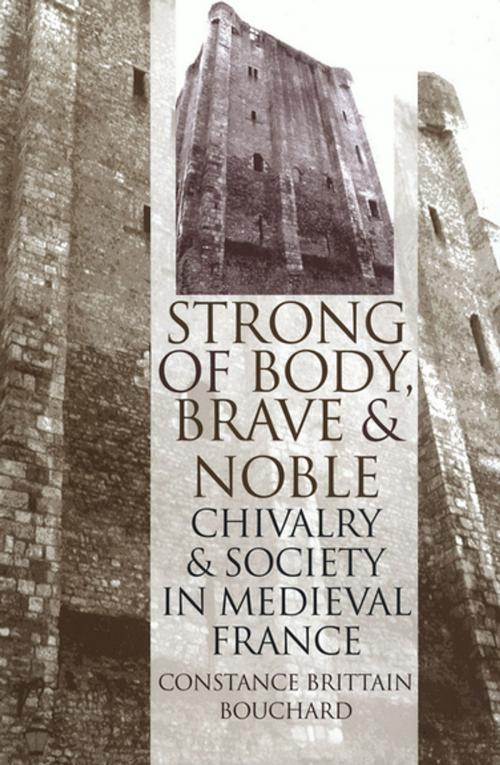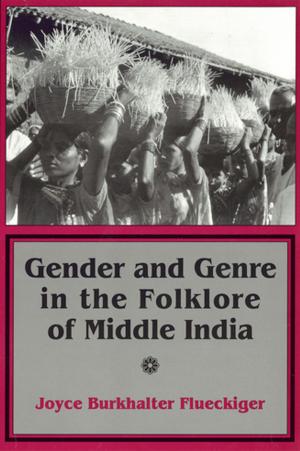"Strong of Body, Brave and Noble"
Chivalry and Society in Medieval France
Nonfiction, History, Medieval, Social & Cultural Studies, Social Science, Sociology| Author: | Constance Brittain Bouchard | ISBN: | 9781501713293 |
| Publisher: | Cornell University Press | Publication: | March 30, 1998 |
| Imprint: | Cornell University Press | Language: | English |
| Author: | Constance Brittain Bouchard |
| ISBN: | 9781501713293 |
| Publisher: | Cornell University Press |
| Publication: | March 30, 1998 |
| Imprint: | Cornell University Press |
| Language: | English |
Medieval society was dominated by its knights and nobles. The literature created in medieval Europe was primarily a literature of knightly deeds, and the modern imagination has also been captured by these leaders and warriors. This book explores the nature of the nobility, focusing on France in the High Middle Ages (11th-13th centuries). Constance Brittain Bouchard examines their families; their relationships with peasants, townspeople, and clerics; and the images of them fashioned in medieval literary texts. She incorporates throughout a consideration of noble women and the nobility's attitude toward women.Research in the last two generations has modified and expanded modern understanding of who knights and nobles were; how they used authority, war, and law; and what position they held within the broader society. Even the concepts of feudalism, courtly love, and chivalry, once thought to be self-evident aspects of medieval society, have been seriously questioned. Bouchard presents bold new interpretations of medieval literature as both reflecting and criticizing the role of the nobility and their behavior. She offers the first synthesis of this scholarship in accessible form, inviting general readers as well as students and professional scholars to a new understanding of aristocratic role and function.
Medieval society was dominated by its knights and nobles. The literature created in medieval Europe was primarily a literature of knightly deeds, and the modern imagination has also been captured by these leaders and warriors. This book explores the nature of the nobility, focusing on France in the High Middle Ages (11th-13th centuries). Constance Brittain Bouchard examines their families; their relationships with peasants, townspeople, and clerics; and the images of them fashioned in medieval literary texts. She incorporates throughout a consideration of noble women and the nobility's attitude toward women.Research in the last two generations has modified and expanded modern understanding of who knights and nobles were; how they used authority, war, and law; and what position they held within the broader society. Even the concepts of feudalism, courtly love, and chivalry, once thought to be self-evident aspects of medieval society, have been seriously questioned. Bouchard presents bold new interpretations of medieval literature as both reflecting and criticizing the role of the nobility and their behavior. She offers the first synthesis of this scholarship in accessible form, inviting general readers as well as students and professional scholars to a new understanding of aristocratic role and function.















